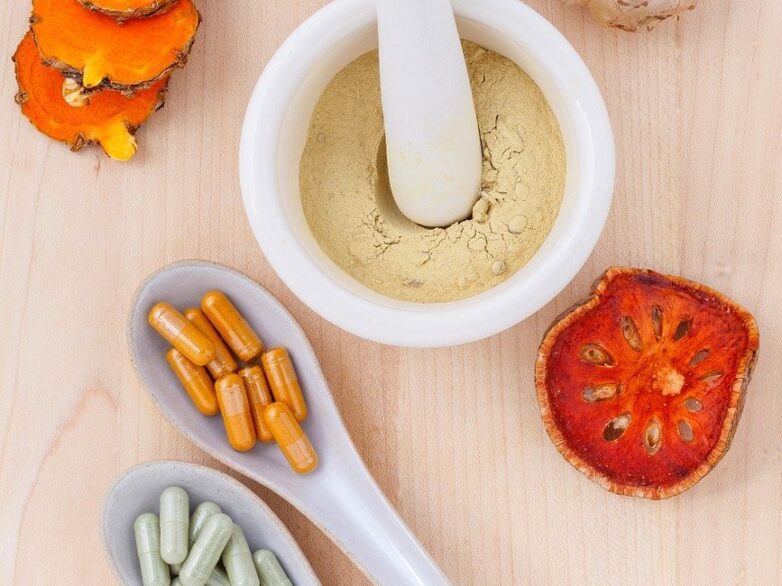
Are You Vitamin Deficient?
Conventional medicine teaches us how to mask symptoms and the underlying root causes. Even if you are concealing the symptoms, it is not going to go away and the moment you stop the medication, the symptoms still remain.
If you are on a statin-based drug, you are lowering your cholesterol artificially because if you ever come off, it will bounce back up. The same applies for high blood pressure, type 2 diabetes etc.
We should work on the processes that are happening inside the body which we can’t actually see but are causing all sorts of physical-based symptoms.
Remember, without lab testing it is difficult to see what is going on inside but if you know what to look for then you can begin to detect early warning signs.
THE MOST COMMON SIGNS OF VITAMIN DEFICIENCIES:
1. Thin brittle hair
A lack of hair growth or very thin hair could be due to a deficiency in biotin which is essentially part of the B vitamins family.
However, you could also have a deficiency in zinc, overall B vitamins and even protein or collagen. All of these come essentially from protein-based foods. Although I’m a big proponent of not having too much protein in your diet, I’ve come across a lot of people in my practice that were having under 50g of protein.
Remember, the hair is made out of a protein called keratin and you will start getting brittle or thinning hair if your body cannot make them.
2. Early grey hair
Early greying of the hair can absolutely be due to a lack of zinc and copper. According to traditional Chinese medicine and Ayurveda, the main one is usually copper and that is because it allows for melanin production.
If you’re not getting enough copper from shellfish, certain seeds or nuts and dark leafy greens, you are not going to be able to produce much melanin for the hair.
3. Cracked mouth corners
We would typically be looking at Zinc and B vitamins here because they are essential for tissue repair. A lot of people go straight to collagen and yes, it is great, but don’t look there first!
Focus on getting 50+ grams of protein in your diet without going overboard and if after that you still would like an extra boost for skin, hair and nails, then adding a good quality collagen could definitely be a great add-on.
4. Keratosis Pilaris
I’ve found this to be either a vitamin A or zinc-based deficiency.
Look for beta carotene as a form of vitamin A in supplements as it is a more natural source. You could also increase your intake of foods high in vitamin A such as red peppers, carrots and sweet potatoes.
Zinc picolinate is the best form of zinc because it is better absorbed compared to other forms such as zinc citrate or gluconate. You don’t need a high dosage and it would typically be around 15mg daily if you weigh under 150 lbs or 30mg daily if you weigh 150 lbs or more.
High sources of zinc include foods such as organ-based meats (e.g. liver) and oysters. For vegan sources, you can get some from almonds, pumpkin seeds, pecans, peas and oats.
5. Nail Ridges
Vertical nail ridges are a sign of weakened digestion which means that you might have low stomach acid and therefore not be able to absorb calcium, magnesium, zinc and B12.
Horizontal ridges are often a sign of psoriasis of the nail typically due to a fungal or bacterial overgrowth in the gut.
6. Easy Bruising
A lot of people rush to conclude iron deficiencies but it’s not always the case.
It could be B vitamins because they are needed for good oxygenation in the body. Vitamin C could definitely be another cause as well.
BUT REMEMBER
Choose your supplements wisely and make sure they are functional medicine-based formulas. You wouldn’t want to waste your money on products that don’t have the purity or the potency that you need as well as non-methylated forms of the B vitamins.

Follow Our Instagram For Exclusive Content





 د.إ / AED
د.إ / AED



Leave a comment